To clarify the increasingly important role of KTTN in growth, job creation and sustainable development of the province along with outstanding results in the implementation of Resolution No. 68-NQ/TW of the Politburo , Gia Lai Newspaper, Radio and Television reporters interviewed Mr. Vo Mai Hung - Deputy Director of the Department of Industry and Trade.

* Sir, after a period of implementing Resolution No. 68 of the Politburo on private economic development, what outstanding results has the province recorded?
- It can be said that KTTN in the province has affirmed its key role. In the period 2016-2020, the province only had an average of 585 newly established enterprises each year, but in the period 2021-2025, this number increased nearly 3 times, reaching 1,567 enterprises/year, bringing the total number of operating enterprises to 17,500.
In addition, we have about 66,900 operating business households and nearly 350 farm economic models.
The contribution of KTTN is very clear: Accounting for 80% of the province's GRDP, the average growth rate is 8%/year, higher than the province's general rate (6.3%/year). In the period 2016-2025, KTTN created 71,200 jobs, equivalent to 93% of jobs in the economy.
Average income of private sector workers also increased sharply, from 72 million VND/person in 2020 to about 129 million VND/person in 2025, an increase of 12.4%/year, higher than the GRDP growth rate.

* Which areas of KTTN recorded outstanding contributions?
- First of all, high-tech agriculture and agricultural processing. Many private enterprises have invested in modern production lines to process coffee, pepper, rubber, and bananas for export. This industry currently accounts for over 80% of the province's export turnover.
Second is renewable energy. The private sector has strongly participated in solar and wind power projects, making Gia Lai the locality with the leading renewable energy output in the Central Highlands region.
In addition, the private sector also dominates the service, trade and logistics sectors. Many small and medium-sized enterprises have taken advantage of digital transformation policies to expand online sales channels, helping to increase revenue by 15-20% compared to before.
*To achieve that result, what policies has the province implemented to encourage the development of private economy, sir?
- Based on Resolution No. 68, the province synchronously implements many groups of solutions. First of all, administrative procedure reform: By 2025, the province aims to cut at least 30% of procedures, 50% of processing time and 30% of compliance costs. All procedures are digitized and made public on the Public Service Portal.
The second is to support access to digital technology. The province provides many digital platforms, accounting and management software for free for small businesses and business households.
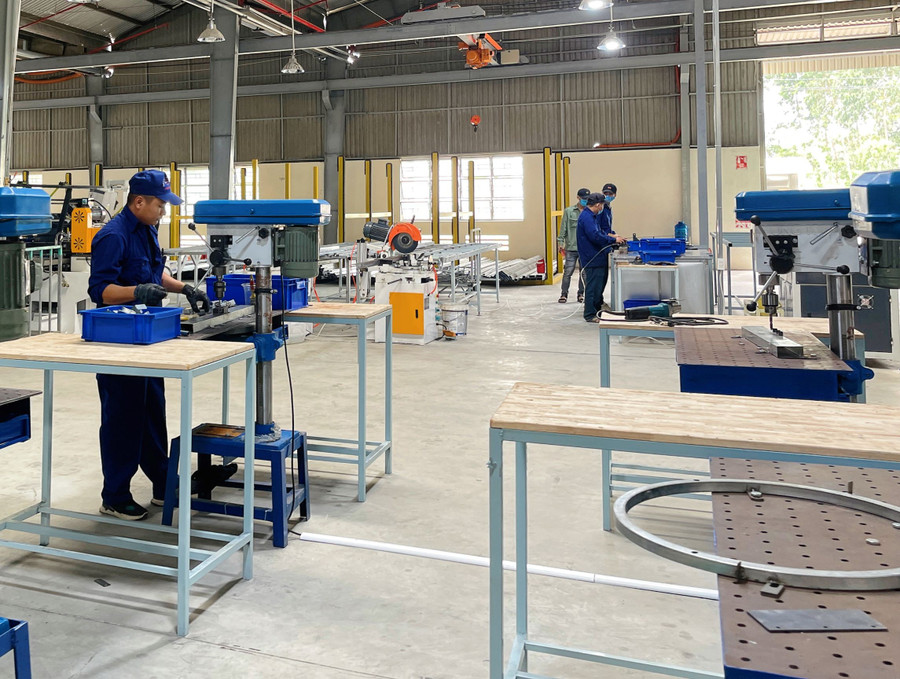
The third is converting business households into enterprises. This is the “first wave” to increase the number of new enterprises. The “second wave” is creative startups. The “zero-dong” policy (exemption and reduction of many initial costs) has encouraged thousands of households to boldly convert.
Fourth is capital and land support. The province has digitized the entire land allocation and leasing process, applied a "simultaneous-parallel" processing mechanism in environmental appraisal and construction licensing, helping to save a significant amount of time for businesses.
* To enhance the role of KTTN in the 2026-2030 period, what solutions will the province focus on?
- The province identifies 3 strategic axes: Strongly improving the business investment environment, continuing to reduce costs and procedural time, making processes transparent, applying artificial intelligence and big data in supporting businesses.
Improving business capacity: Focus on training entrepreneurs, improving governance, applying technology, promoting digital transformation, and supporting innovation.
Linking and integrating value chains: Encourage the formation of industry clusters, connecting private enterprises with foreign direct investment enterprises and state-owned enterprises to create a development ecosystem.
In particular, the province will develop the private economy on five strategic pillars. The goal is that by 2030, Gia Lai will have about 65,000 enterprises, of which a number of enterprises will be formed that are capable of reaching international standards.
* What do you think about the role of KTTN in the upcoming development journey?
- It can be seen that Resolution No. 68 has created an important boost for the private sector in the province. I believe that with the spirit of innovation, creativity and aspiration of the business community, and the support of the State, the private sector in the province will not only be a driving force for growth, but also a pioneer in green transformation, digital transformation and circulation, towards sustainable development.
We have every reason to expect that the private sector will contribute more to GRDP, create more high-income jobs, and contribute to realizing the goal of making Gia Lai a dynamic economic center of the Northern Central Highlands.
* Thank you!
Source: https://baogialai.com.vn/gia-lai-khuyen-khich-kinh-te-tu-nhan-phat-trien-post565681.html



![[Photo] National Assembly Chairman Tran Thanh Man presided over the welcoming ceremony for Chairman of the State Duma of the Russian Federation Vyacheslav Volodin](https://vphoto.vietnam.vn/thumb/1200x675/vietnam/resource/IMAGE/2025/9/28/889b54ac5cd440099ddc618c99663612)
![[Photo] High-ranking delegation of the Russian State Duma visits President Ho Chi Minh's Mausoleum](https://vphoto.vietnam.vn/thumb/1200x675/vietnam/resource/IMAGE/2025/9/28/c6dfd505d79b460a93752e48882e8f7e)


![[Photo] The 4th meeting of the Inter-Parliamentary Cooperation Committee between the National Assembly of Vietnam and the State Duma of Russia](https://vphoto.vietnam.vn/thumb/1200x675/vietnam/resource/IMAGE/2025/9/28/9f9e84a38675449aa9c08b391e153183)




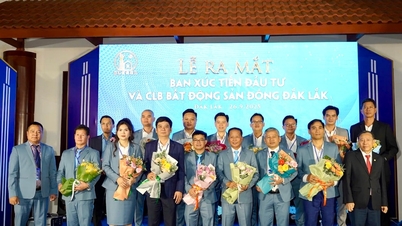






















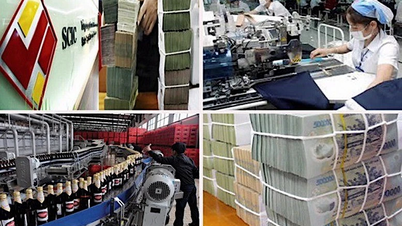
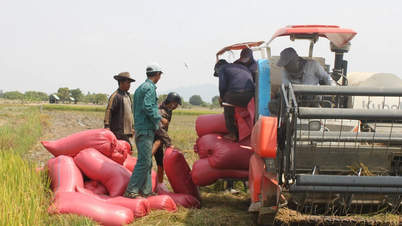

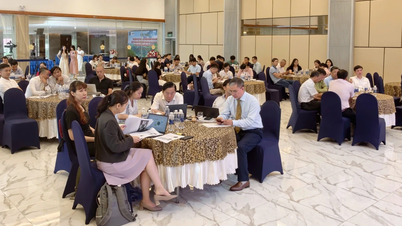
























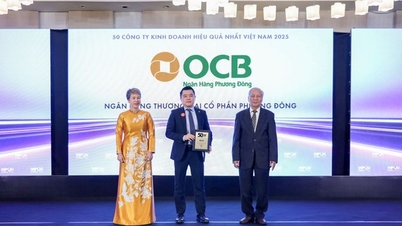





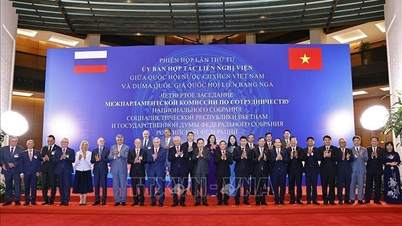














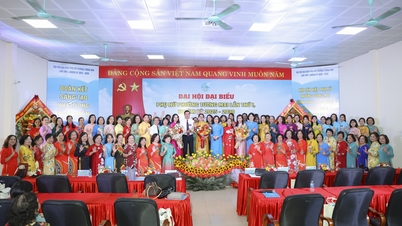

















Comment (0)